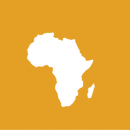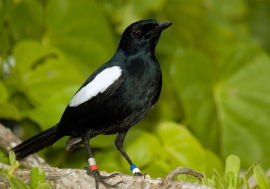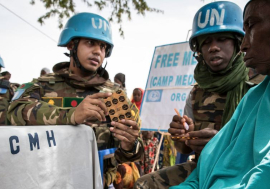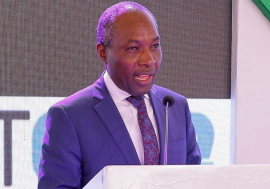Looking back after 25 years
Looking back after 25 years
Salim Lone, who edited Africa Recovery during its first decade, looks back at the magazine’s early days. At his home in Nairobi, Kenya, he spoke with Africa Renewal’s managing editor, Ernest Harsch.
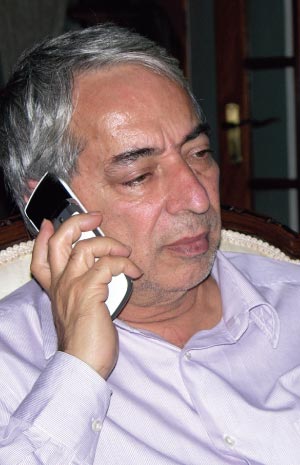 Salim Lone, the first editor of Africa Recovery, at his home in Kenya.
Salim Lone, the first editor of Africa Recovery, at his home in Kenya.Africa Recovery was a UN publication, about Africa. Did you report about what the UN was doing there?
We didn’t have that much about the UN in Africa Recovery. If it did something important, then obviously we covered it, but it wasn’t all about the UN. There would be no interest in that.
How different was the general media landscape back in the 1980s and 1990s, compared with today?
Dramatically different. For example, broadcast media was entirely under the control of governments, in every African country. And there were rigid controls over the print media. The amount of self-censorship, triggered by the repression directed at editors and journalists, was immense.
That was one of the reasons that we undertook a number of journalists tours [to Africa]. We requested the New York Times, Economist, Financial Times, others, to send their journalists on UN-sponsored tours dealing not with development in the abstract, but what was really happening at the grassroots. The coverage was excellent. If the media culture in our African countries had been stronger, you would not have needed to bring journalists to Tanzania, Ghana, Senegal. It also helped open up Africa, African leaders in particular, to the Western world. For the media, apart from the magazine, we also had special mailings or supplements, with graphs and charts that the media could republish.
In hindsight, what did Africa Recovery do best, what might it have done better?
We knew from the responses we had that senior people were actually reading Africa Recovery. In Tanzania, the personal adviser to President Nyerere told me that Mwalimu [Nyerere] himself would go through it. A number of US senators also wrote letters to us, just to compliment. There was so much more we could have done. But we had no resources. We had a very small staff.
What about Africa Renewal today?
I realize how completely it has changed, to reflect the debates and developments that take place now. That’s fabulous.

